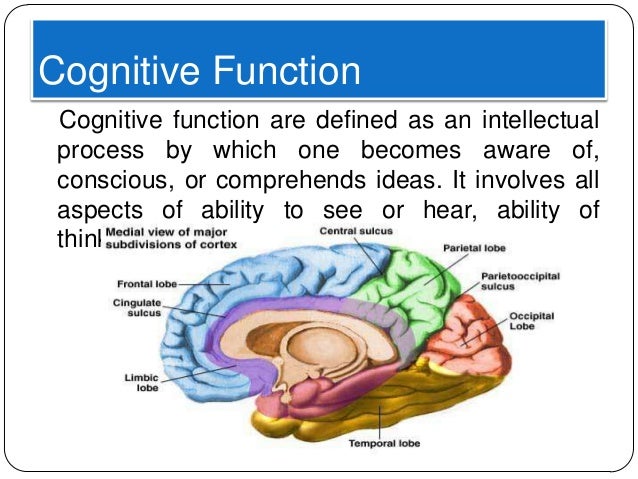
We all know that exercise improves our physical fitness, but staying in shape can also boost our brainpower. We are not entirely sure how, but evidence points to several explanations. First, to maintain normal cognitive function, the brain requires a constant supply of oxygen and other chemicals, delivered via its abundant blood vessels. Physical exercise—and even just simple activities such as washing dishes or vacuuming—helps to circulate nutrient-rich blood efficiently throughout the body and keeps the blood vessels healthy. Exercise increases the creation of mitochondria—the cellular structures that generate and maintain our energy—both in our muscles and in our brain, which may explain the mental edge we often experience after a workout.

Studies also show that getting the heart rate up enhances neurogenesis—the ability to grow new brain cells—in adults.
Regardless of the mechanism, mounting evidence is revealing a robust relation between physical fitness and cognitive function. In our 2014 study, published in Neurology, we found that physical activity has an extensive, long-lasting influence on cognitive performance. We followed 2,747 healthy people between the ages of 18 and 30 for 25 years. In 1985 we evaluated their physical fitness using a treadmill test: the participants walked up an incline that became increasingly steep every two minutes. On average, they walked for about 10 minutes, reaching 3.4 miles per hour at an 18 percent incline (a fairly steep hill). Low performers lasted for only seven minutes and high performers for about 13 minutes. A second treadmill test in 2005 revealed that our participants' fitness levels had declined with age, as would be expected, but those who were in better shape in 1985 were also more likely to be fit 20 years later.
Ultimately, though, we wanted to know how physical fitness might affect mental acuity in middle age. Thus, five years later, in 2010, we subjected our participants to a battery of cognitive tests, assessing memory, processing speed and executive function—measures of our abilities to learn, reason and problem solve. We found that the people who were more physically fit in 1985 performed about 10 percent better on the tests compared with their less fit counterparts, a modest but important difference. The message is clear: for generally healthy people, exercising regularly can enhance brain function over a lifetime—not just after a workout.

